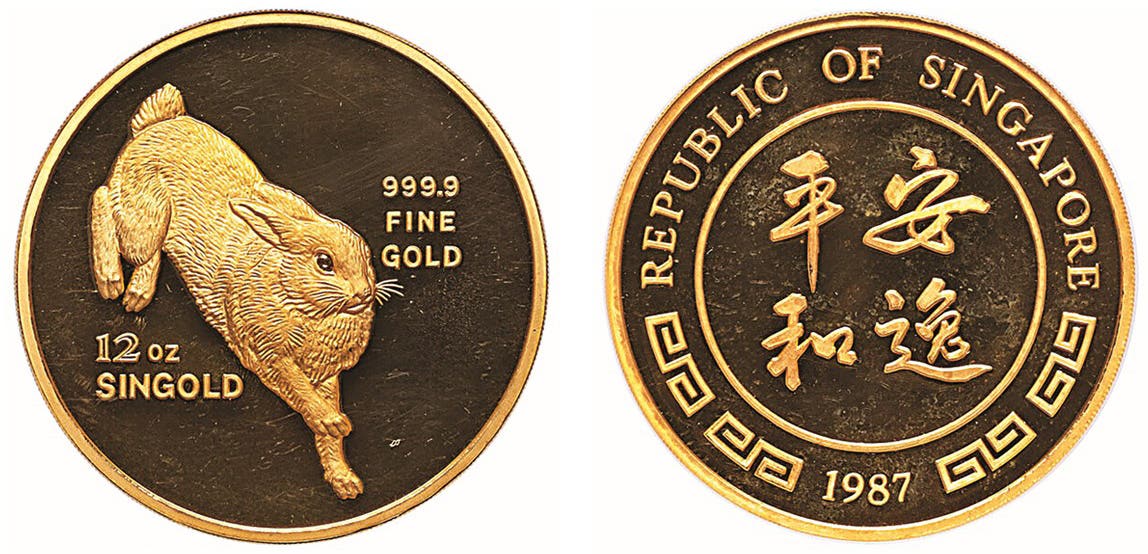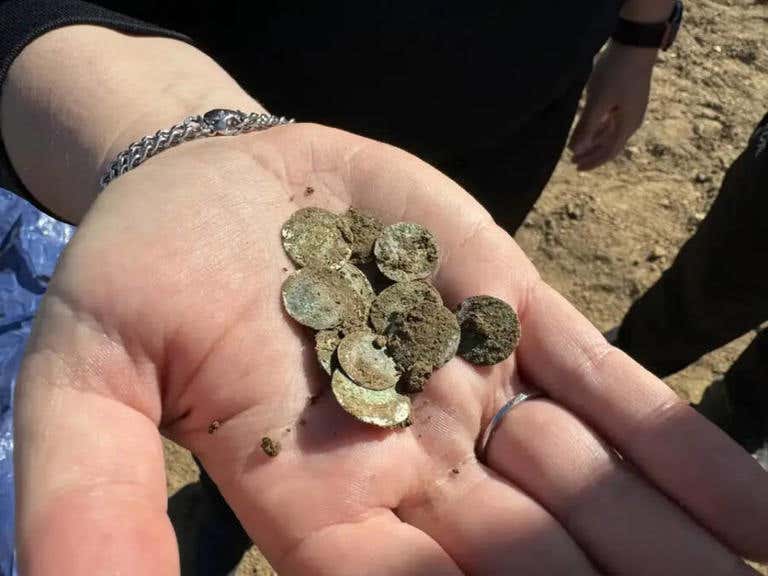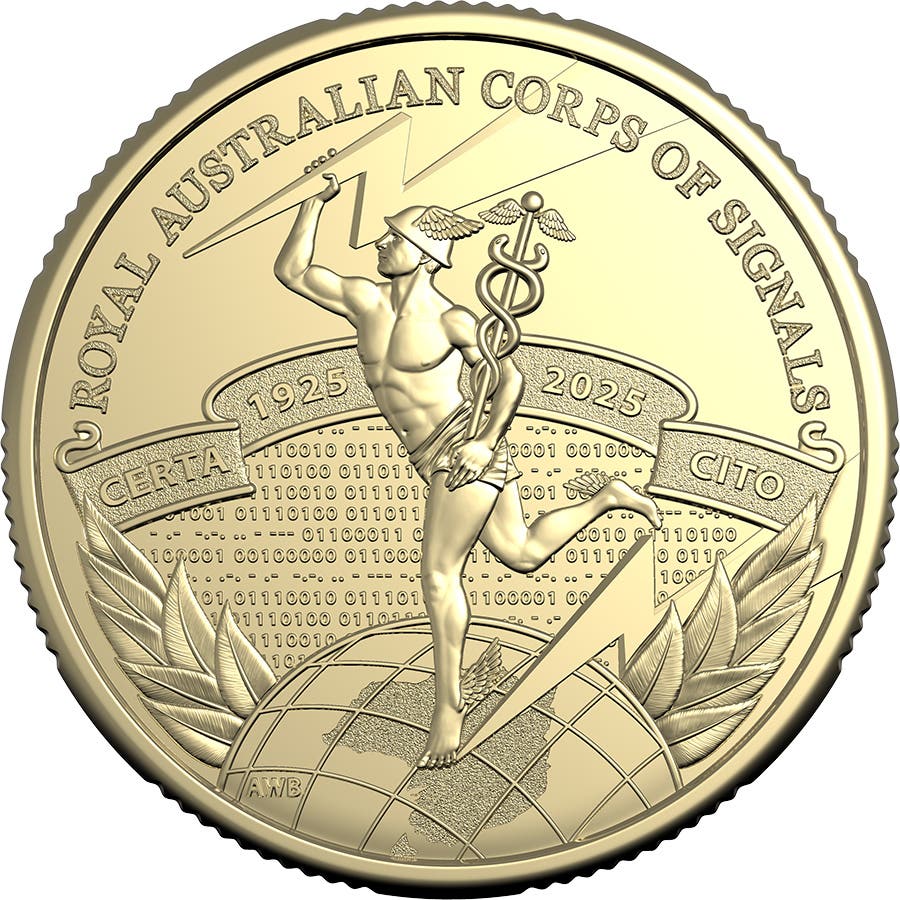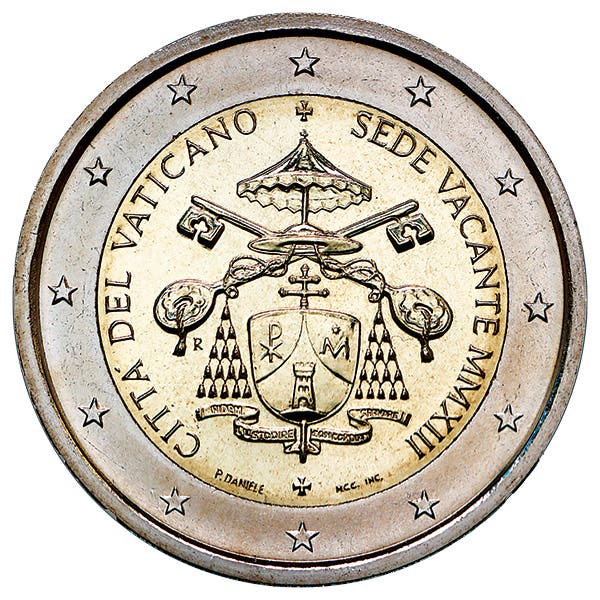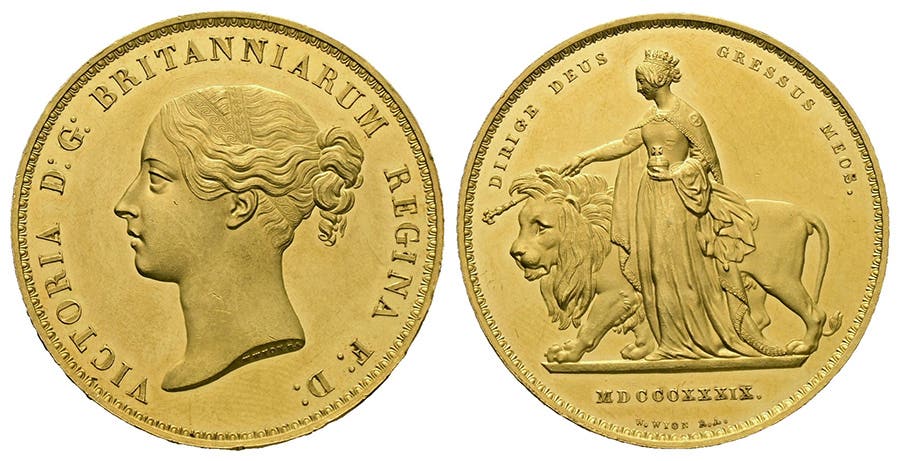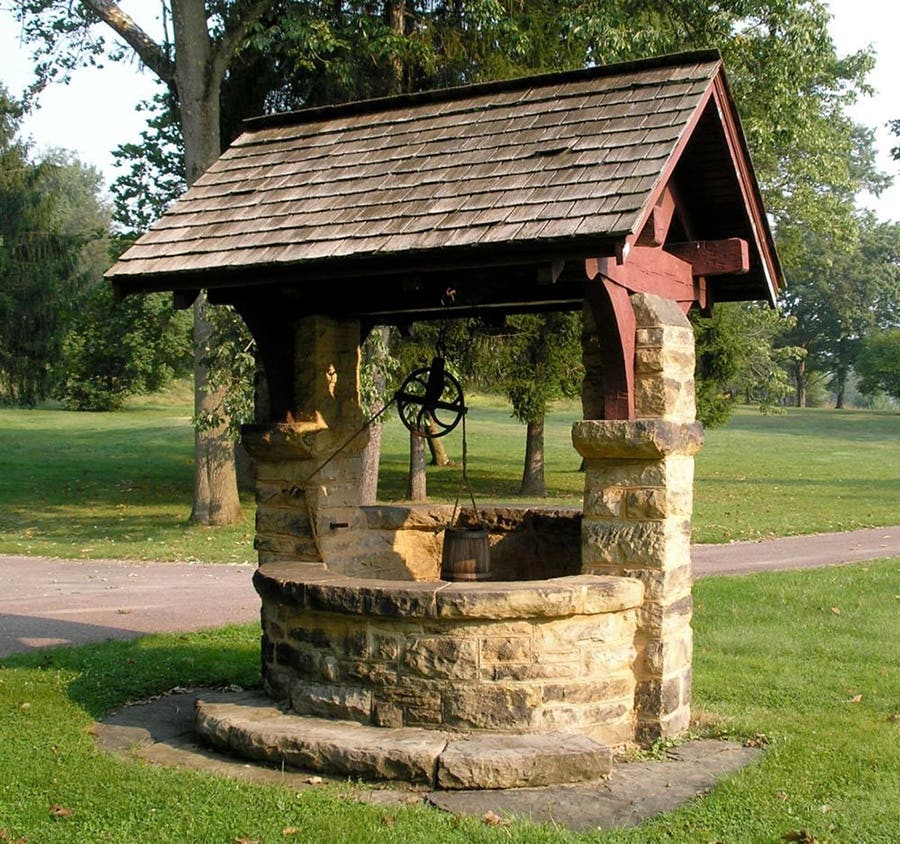Venezuela Declares Society to be Cashless
Cashless society proponents should pay attention. Privacy concerns have been the major barrier for many people who don’t trust the concept of a completely cashless society no matter where in…
Cashless society proponents should pay attention. Privacy concerns have been the major barrier for many people who don’t trust the concept of a completely cashless society no matter where in the world that cashless society might be practiced.
The worst case scenario of which anyone could imagine is taking place right now. The Nicolas Maduro government in Venezuela is about to demonstrate to the world what happens when a dictatorial government abolishes all forms of physical cash. To put it mildly, secret police will be your neighbor! The government is about to be inside your wallet.
Maduro was elected president of Venezuela in 2013. Maduro was the United Socialist Party candidate. He received 50.6 percent of the vote. Since 2015 Maduro has ruled the South American country by decree. At that time the ruling party legislature granted him dictatorial powers. Things got worse when in 2019 the presidential election between Maduro and Juan Guaido was disputed, the opposition and majority National Assembly declaring Maduro to be a usurper of the presidency.
A week later the Supreme Tribunal of Justice declared the presidency of the National Assembly to be the usurper, also ruling the National Assembly is unconstitutional. Maduro was sworn in as president for a second term just as the Organization of American States declared Maduro’s presidency to be illegitimate. The OAS also released a report indicating Maduro has committed crimes against humanity.
In fact Maduro has tossed political opponents into prison, cracked down on protests by using government security forces, restricted free press, postponed regional government elections, and replaced Venezuela’s parliament with a more friendly special legislative assembly that expanded his executive authority. A 2014 drop in global oil prices drove Venezuela into economic decline. Record breaking inflation and a shortage of consumer goods have followed.
Maduro has been blaming capitalism for speculation that drove high rates of inflation and created widespread shortages, declaring he is fighting an economic war. During 2019 Maduro began allowing transactions in US dollars rather than in Venezuelan bolivars. Family members living abroad sent about $3.5 to $4 billion US annually to those still living in Venezuela.
According to a January 2, 2021 Bloomberg news service report, Maduro recently said only 3.4 percent of payments were being made in bolivar bank notes, while 77.3 percent were being made in bolivars through debit cards and 18.6 percent of commercial transaction were being made in US dollars.
Maduro has now declared all physical cash will soon disappear, adding, “They [United States] have a war against our physical currency. We are moving this year to a more profound digital economy, in expansion. I’ve set the goal of an economy that’s 100 percent digital.”
The 2008 series of coins in denominations of 1, 5, 10, 12.5, 25, and 50 centimos and 1 bolivar meant to be in circulation vanished due to inflation. In December 2016 coins in denominations of 10, 50, and 100 bolivares were to be issued to replace bank notes of the same values. Inflation quickly made these coins obsolete as well. Bolivar soberano coins meant to be circulated in 50-centimos and 1-bolivar denominations equivalent to 50,000 bolivares fuertes and 100,000 bolivares fuertes respectively were issued but became worthless by September 2019.
Domestic bank notes haven’t performed any better than coins. The 100,000-bolivar note issued in late 2017 lost 98 percent by June 2018. All currency was redenominated due to a March 22, 2018 state of emergency declared by Madero. Shops and banks refused to accept the new currency, reportedly using candy and sugar packets as small change. In June 2019 the Central Bank of Venezuela announced new higher denominated bank notes to “complement and optimize” the monetary system. As of November 2020 the highest denominated bank note, that being 50,000 bolivar soberano, was worth less than five cents US. By December the exchange rate was more than one million bolivars to the US dollar.
Madero understands US dollars are being widely accepted in Venezuela. In a recent interview Madero said, “Venezuela has its currency and we are going to defend it.”
A 100 percent digital currency system also means 100 percent ‘oversight’ of the finances of every individual and business in the nation. With the click of a button anyone out of favor with the Madero government could see their assets frozen. Right now there is no provision through which digital transactions in US dollars can be accepted.



